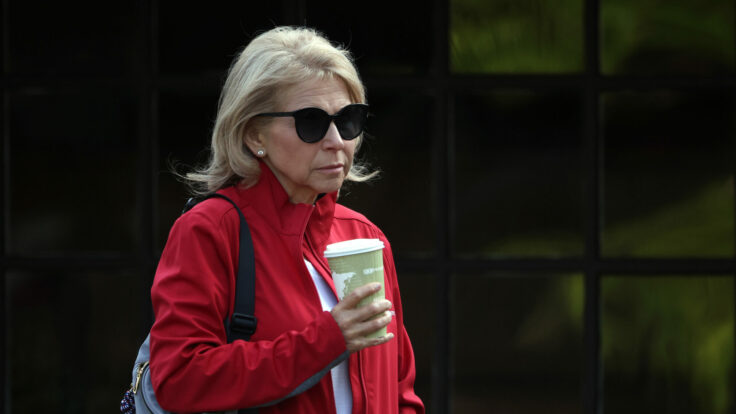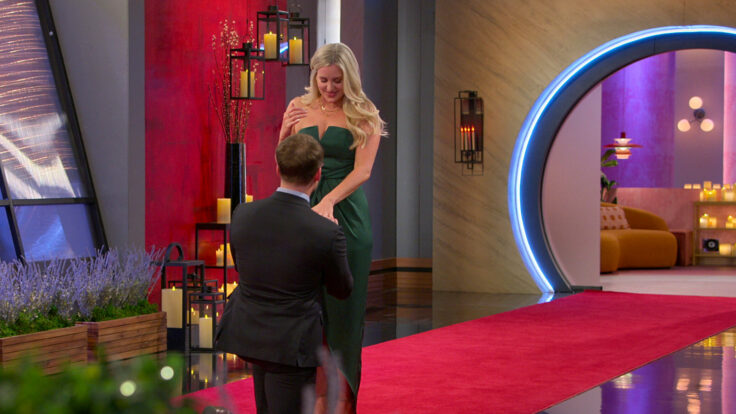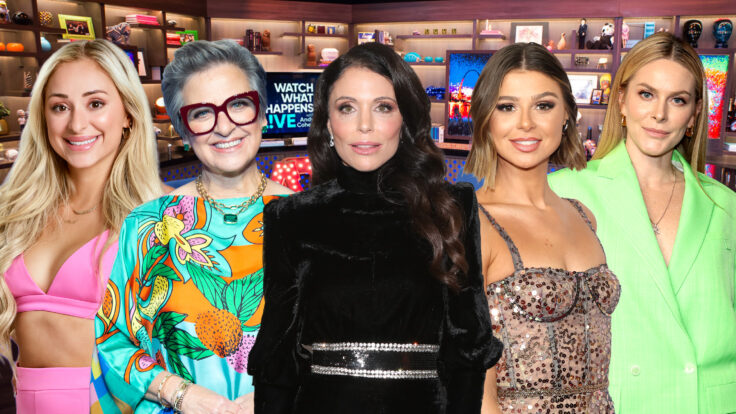A number of years ago, on assignment for The Hollywood Reporter, I interviewed Dean Baquet about his recent ascension as executive editor at The New York Times. Baquet was eager to show off his third-floor midtown office, which was surrounded by books and African-American art, and spoke earnestly about the “discipline” required to program each day’s front page, a sometimes controversial task given the Times’ singular place in the culture. Indeed, questions about the paper’s headlines or story placement are frequently covered online as news stories, themselves. But Baquet also offered up a detail about his media diet that, in retrospect, was an early signal of more trouble to come. “I’m pretty addicted to Facebook,” he confessed. In fact, he told me, he checked his feed some 15 times a day, often to review how readers were discussing the paper’s stories.
Of course, the relationship between media companies and social platforms flipped into overdrive during Donald Trump’s presidency. Twitter, in particular, has emerged as an invaluable platform for journalists to tend their personal brands. But it has also become a daily habit where otherwise scrupulous media people drop the mask of objectivity, police each other’s politics, agitate for better working conditions, and litigate culture war issues in full view of the public. Baquet, in one of his last acts as executive editor before ceding the post to Joe Kahn last week, issued a memo begging Times journalists to spend less time on Twitter in order to preserve the appearance of objectivity and to protect the institution’s brand. “Tweets or subtweets that attack, criticize or undermine the work of your colleagues are not allowed,” he wrote. Kahn quickly doubled down, urging newsroom staff not to “vet grievances” online.

















